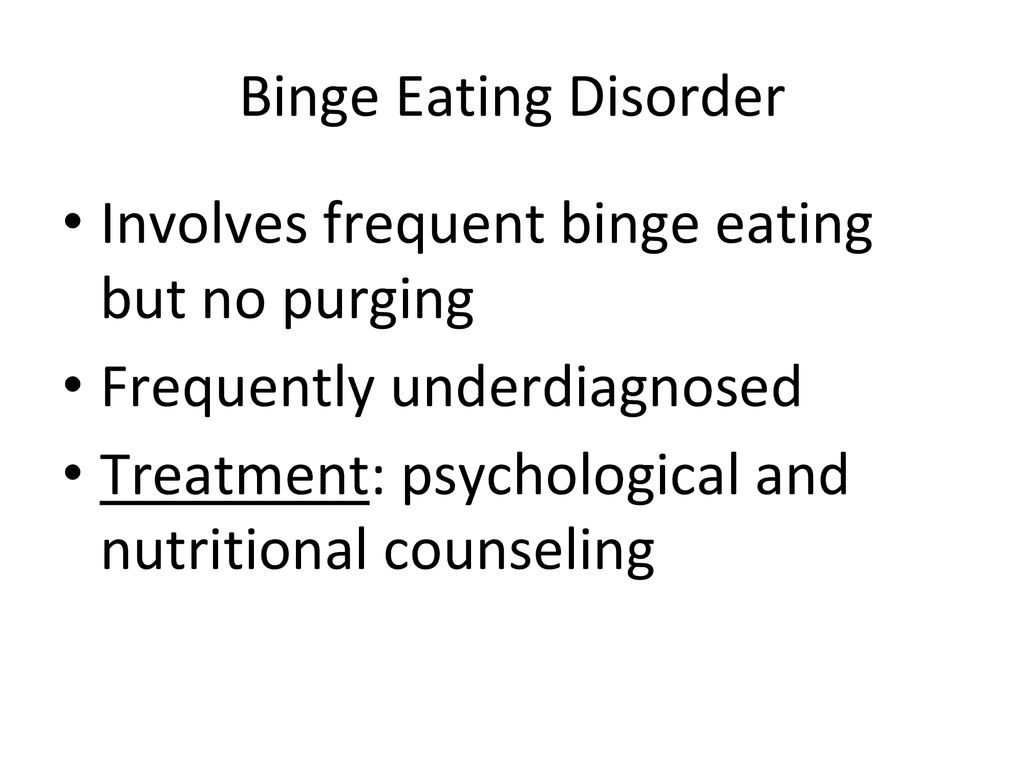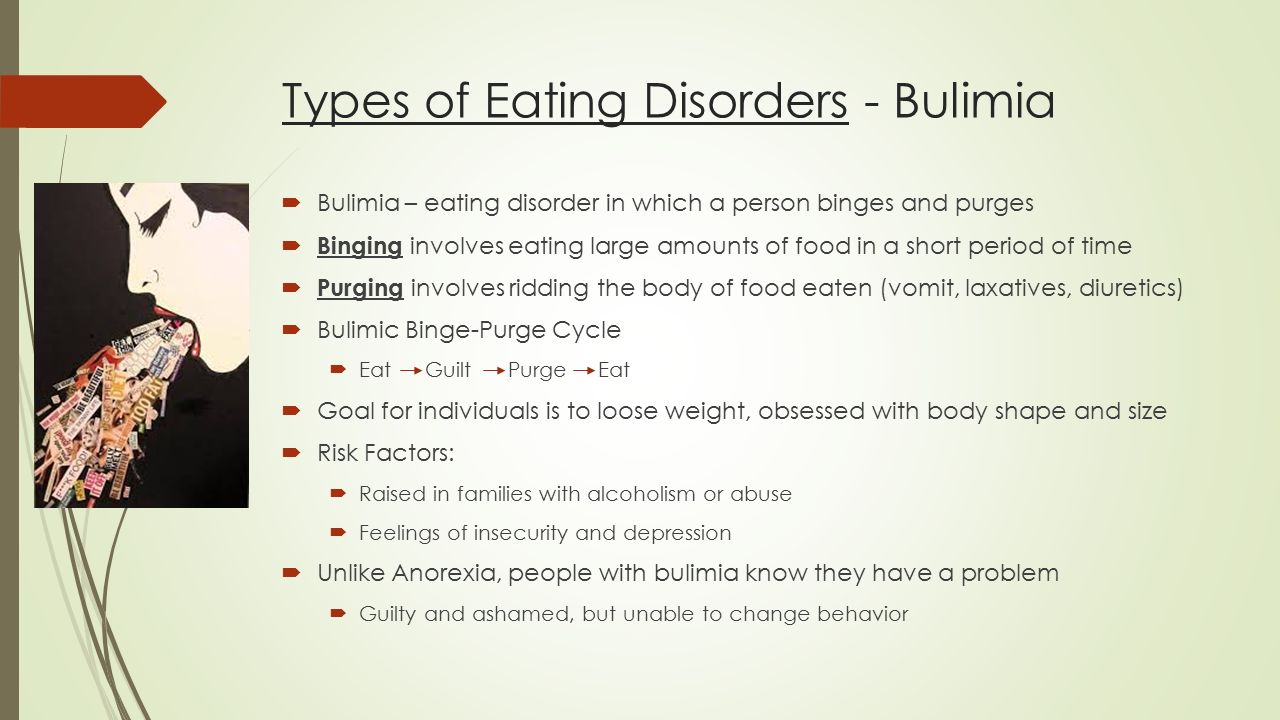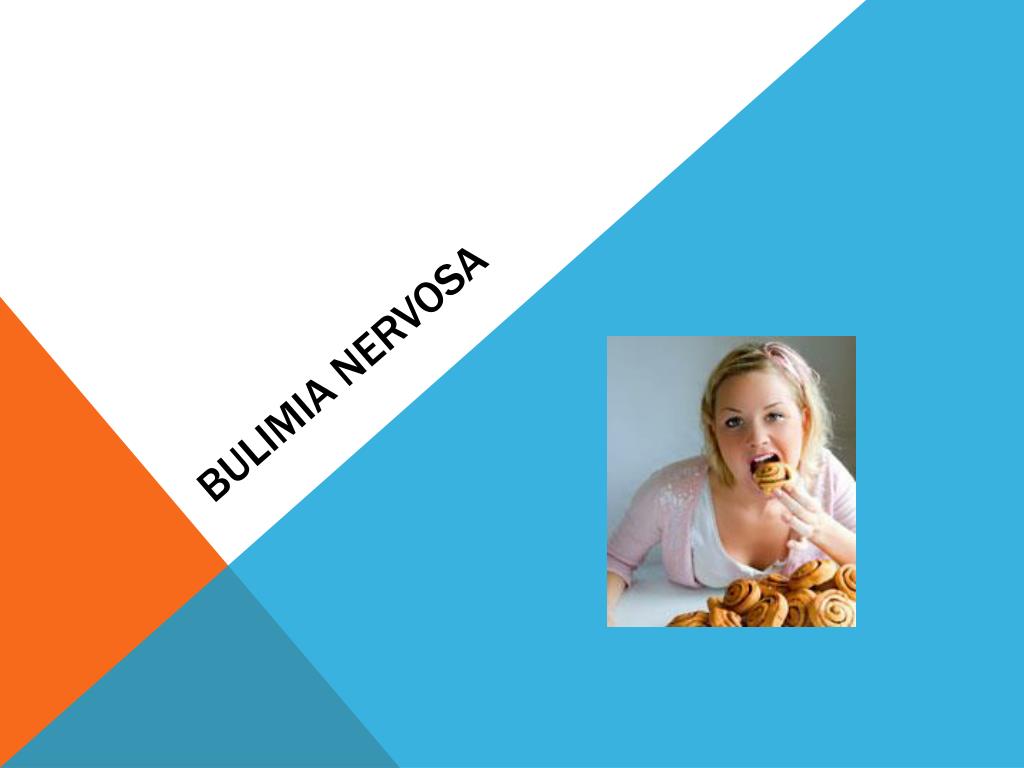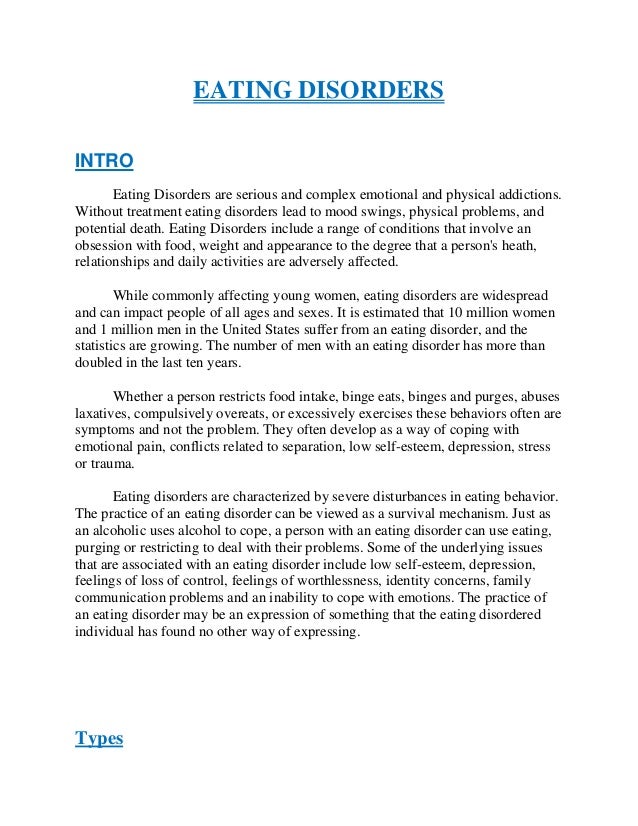Binge Eating Disorder Involves
Binge eating disorder BED is a severe life-threatening and treatable eating disorder characterized by recurrent episodes of eating large quantities of food often very quickly and to the point of discomfort. And not regularly using unhealthy compensatory measures eg purging to counter.
 Eating Disorders And Addiction Pax Memphis Recovery Center
Eating Disorders And Addiction Pax Memphis Recovery Center
Binges are often planned in advance usually done alone and may include special binge.
Binge eating disorder involves. Binge eating disorder is an illness that involves eating a lot of food in a short amount of time. These episodes can feel chaotic uncontrollable and highly distressing. One similarity between binge eating disorder and bulimia nervosa involves feeling uncomfortable around others when eating or simply refusing to eat with anyone.
A person may do it because they feel depressed or anxious and it. Binges are often planned in advance usually done alone and may include special binge foods. The difference between binge eating disorder and non-purging type bulimia nervosa is the behavior that takes place after binge eating.
Binge eating disorder involves regularly eating a lot of food over a short period of time until you are uncomfortably full. What is binge eating disorder. Unlike bulimia nervosa which also involves binge eating people with binge eating disorder do not undertake compensating efforts like induced.
Binge eating disorder BED is a serious but treatable condition that involves recurrent episodes of consuming large quantities of food. Binge eating disorder is a serious mental illness where people experience a loss of control and overeat on a regular basis. Signs and symptoms of BED are.
People with the BED syndrome have binge-eating episodes as do subjects with bulimia nervosa but unlike the latter they do not engage in compensatory behavior. More food is eaten than others eat in the same amount of time under the same circumstances. Because binge-eating disorder involves both weight and eating-disorder concerns researchers in both the obesity and eating-disorders fields perceive treatment goals through the lens of their own training.
You may feel guilty or ashamed after binge eating. In addition to eating food in excess and to the point of discomfort the condition is also characterized by feeling out of control when eating and a sense of shame or guilt over the behavior. Binge-eating episodes are associated with eating more rapidly than normal eating.
In fact when you. Recovery from Binge Eating Disorder involves the patient developing a relationship with food that allows them to nourish their body in a healthful mindful way. Recovering allows the journey toward both an awareness of eating and a pathway of genuine mindful pleasure associated with eating no binge eating is not fun.
Bulimia nervosa can also compel a person to develop odd food rituals eating only certain foods chewing food excessively not eating food someone else prepares or hoarding food for. Binge-eating disorder involves the consumption of a large amount of food in a short amount of time. Binge eating disorder is a mental health disorder that revolves around frequent or compulsive overeating and it involves a loss of control over eating and comes with clinically significant distress.
On one side of the debate eating-disorders experts believe binge-eating is best treated by traditional eating-disorder approaches such as. Binge eating disorder involves regularly eating a lot of food over a short period of time until youre uncomfortably full. Experiencing shame distress or guilt afterwards.
Binge eating disorder is a serious but treatable condition that involves recurrent episodes of consuming large quantities of food. Binge eating disorder involves times of uncontrolled eating which then leads to unhappiness. Binge Eating Disorder BED is characterized by recurrent episodes of binge eating and the absence of inappropriate compensatory behaviors that are characterized by Bulimia Nervosa.
Binge eating disorder BED is a mental illness characterised by regular episodes of binge eating. People with binge eating disorder eat large quantities of food over a short period of time called bingeing. Binge-eating disorder BED is a newly proposed category of eating disorders in the fourth edition of the Diagnostic and Statistical Manual of Mental Disorders.
Binge eating involves eating an excessive amount of food which may take place in a rapid space of time or may be more of an extended grazing. In non-purging type bulimia nervosa after binge eating the individual will try to offset their calorie consumption by fasting or excessive exercise. The person with binge eating disorder feels out of control about how much he or she eats.
A sense of lack of control over eating while binging. A feeling of a loss of control during the binge. BED was formally added to the Diagnostic and Statistical Manual of Mental Disorders DSM-5 in 2013.
 Pdf Use Of Resin Bonded Ceramic Crowns In A Bulimic Patient With Severe Tooth Erosion
Pdf Use Of Resin Bonded Ceramic Crowns In A Bulimic Patient With Severe Tooth Erosion
![]() Ultimate Guide For Eating Disorders Willow Place For Women
Ultimate Guide For Eating Disorders Willow Place For Women
 A Serious Mental Disorder Ppt Download
A Serious Mental Disorder Ppt Download
 Eating Disorder Awareness Facts Oxford Clinical Psychology
Eating Disorder Awareness Facts Oxford Clinical Psychology
 Binge Eating Disorder Symptoms When To See A Doctor And Risk Factors
Binge Eating Disorder Symptoms When To See A Doctor And Risk Factors
 Eating Disorders Anorexia Nervosa Bulimia Binge Eating Ppt Video Online Download
Eating Disorders Anorexia Nervosa Bulimia Binge Eating Ppt Video Online Download
 Eating Disorders Online Presentation
Eating Disorders Online Presentation
 Solved Question 18 Which Eating Disorder Involves Engagin Chegg Com
Solved Question 18 Which Eating Disorder Involves Engagin Chegg Com
 Ppt Treating Eating Disorders Powerpoint Presentation Free Download Id 2714753
Ppt Treating Eating Disorders Powerpoint Presentation Free Download Id 2714753
 What Is A Binge Eating Disorder
What Is A Binge Eating Disorder
 Calameo Some Common Eating Disorders In Teenagers
Calameo Some Common Eating Disorders In Teenagers
 Ppt Bulimia Nervosa Powerpoint Presentation Free Download Id 2283121
Ppt Bulimia Nervosa Powerpoint Presentation Free Download Id 2283121


Comments
Post a Comment